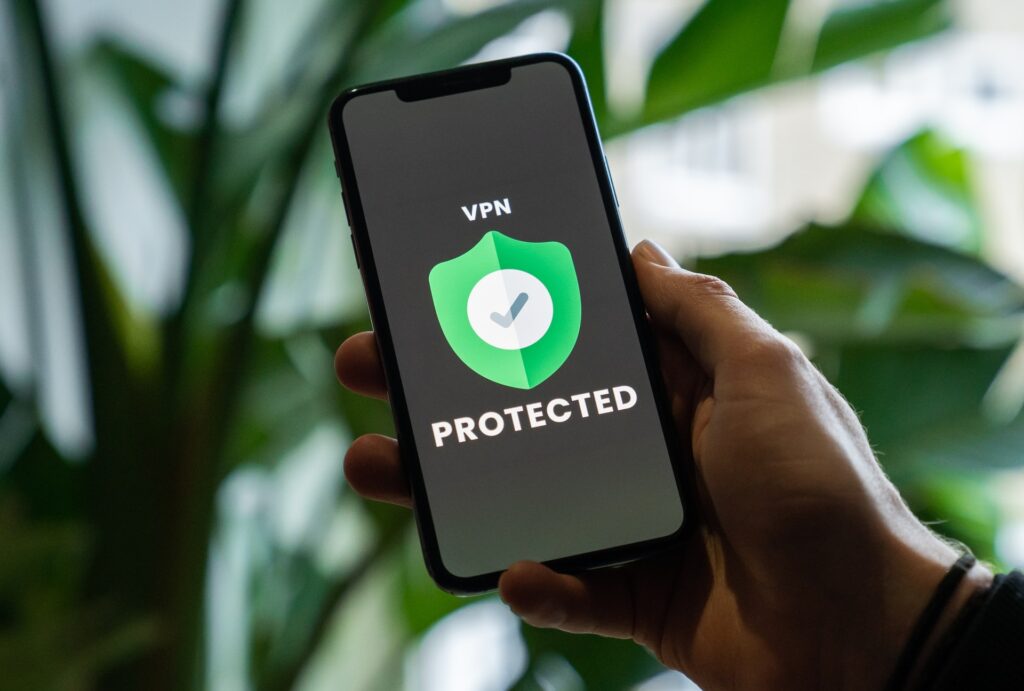
The Internet used to be a single network that allowed only information sharing and email communication. However, technological advancements made it diverse, allowing many networks to create the Internet infrastructure as we know it today. In turn, our lives are easier because we can do many things with a single click or tap. However, this came at a price because our security could be compromised.
Internet security is a serious issue because cybercriminals and hackers have ulterior motives, including illegal profit and invasion of privacy. The good news is that you can protect yourself with a virtual private network or VPN. It’s a virtual private network that can make your Internet connection anonymous ad hide your IP address, protecting you from hackers. Despite this, few people know about VPNs, so we’ll discuss the details in this article.
How a VPN Works
VPNs significantly impact your Internet connection because they hide your IP address from people you connect to over the Internet. In addition, it encrypts the data that goes through your Internet connection.
An IP address is a unique code that a device connected to the Internet uses to identify itself. This makes a device unique over the Internet, allowing for data sharing between devices. Because of this, people with bad intentions can use this information to invade your privacy and steal your identity.
The advantage of a VPN is that it hides your IP address, giving you a new one. Changing your IP address creates an anonymous connection, keeping your information safe. This way, you can still surf the Internet without compromising security, even using a public Wi-Fi hotspot.
Data Security
If you’ve ever used public Wi-Fi at a local coffee shop or your school, you’re likely to have seen your data being shared on the Internet unencrypted. This is a problem because it’s easy to see the websites you visit, who you talk to, and where you send and receive email messages.
With a VPN, however, you can encrypt your data, making your connection private while keeping your identity anonymous. This is because a VPN creates a secure tunnel between your device and the VPN server, encrypting your communications. This way, it will not be easy for everyone to access your data.
For example, when you log on to a public Wi-Fi connection, your Internet traffic goes through the Wi-Fi router first. Anybody who has access to this router can easily see where you’re logging in, who you’re sending messages to, and what websites you’re surfing on at that moment. However, no one can crack your communication if you connect to a VPN server before using the public Wi-Fi connection.
Controlling Access with a VPN
Aside from protecting you and your data, you can also control who can access your data. For instance, you can connect to a VPN server in your country, making it impossible for you to log on to your home Wi-Fi or a public Wi-Fi hotspot. This way, even if you use a public Wi-Fi hotspot, you can still surf the Internet safely.
Another example of controlling who has access to your data is blocking specific apps or websites. For example, you can block your home Wi-Fi from the public Wi-Fi to prevent you from accessing certain apps or websites you want to avoid, such as a social media website you find distracting.
Are There Any Drawbacks?
While VPNs are highly beneficial, they’re not perfect and have certain drawbacks. These include:
Hackers Can Connect to Your VPN
A common misconception about a VPN is that it protects your connection from data snooping, like unencrypted public Wi-Fi. However, this isn’t true because a VPN uses a shared connection to get data, using the Internet infrastructure to connect to the VPN server. Because of this, hackers could also connect to the same VPN server to get your data.
Collaboration Is Not Always Possible
A VPN is a service that offers you secure connections and privacy because you create a private network. However, it doesn’t let you share your connection with others. For example, only one person can manage it or access the CMS you need to manage your website. In cases like this, you’ll need a VPS hosting server instead of a VPN service.
Conclusion
VPNs are an excellent way to protect your privacy and your data. They allow you to connect to a remote server over the Internet, enabling you to create a private network. Despite their flaws, they can do more good than harm; all it takes is finding one that suits your needs.
Most Secure VPN provides various resources for VPN and digital security-related topics, such as secure VPN services. You should never take online security for granted, so we’re here to help you make the best decision to protect yourself online. Simply go to our website to get started!